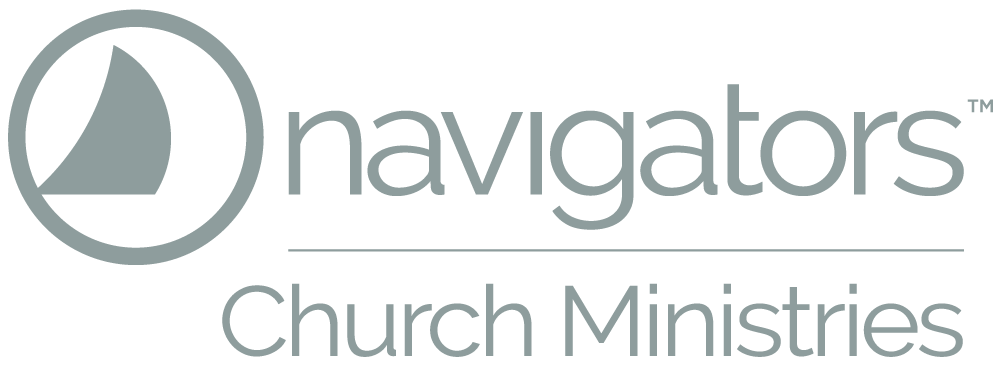When I was a boy, my dad made an announcement at dinner that we were moving. My brothers and sister loved the town and neighborhood where we lived. There were lots of kids on our street and gracious neighbors. Dad’s dinnertime news threw us all.
Soon we were boarding a plane and saying goodbye to our friends. At our layover in Dallas my brother and I conned my Mom into buying us cowboy hats. We thought our white hats were mighty fine.

When we finally landed in our destination, we took our first picture there on the tarmac with the two of us wearing our new hats.
The Power of Culture
Quickly we realized we did not quite understand where we had landed. Nobody else had hats like ours. They also did not speak as we did. We couldn’t even decipher what they were saying. We were very much out of step in this new land. Living in Mexico City was going to teach us many important lessons about the power of culture.
My family and I had a lot to learn about these differences. I put away my hat. I began the slow process of learning Spanish and the new ways of doing things. Understanding the ins and outs of a culture takes time. We incrementally picked up the nuances of Mexican culture and enjoyed it.
A culture is the shared language, values, practices, and stories of a group of people. I was getting an education about these as I lived in Mexico.
In his books The Second Mountain, David Brooks writes about culture this way: “Never underestimate the power of the environment you work in to gradually change who you are.” Cultures transform. My brothers and sister are witness to that as we became enculturated into Mexico.
A Congregation’s Culture
Congregations create cultures. A congregation has a shared language, values, practice, and stories of what it means to be a disciple. It might accurately live Jesus’ model for discipleship or not. Nevertheless, a church’s culture is a powerful force.
If we want to tap the power of culture, we must follow Christ and His ways and build as He would. Over the years, Navigators Church Ministries leaders have thought about disciplemaking church cultures and developed some helpful practices.
One of our staff members has been working with Pastor Jeremy to build a disciplemaking culture in his church. After a couple of years they’ve established a core team, infusing disciplemaking principles into the team. These are big steps for a church. A core team is crucial, much like Jesus calling His disciples in Mark 3:7-19. Pastor Jeremy needed thoughtfulness to bring the right people together and start unpacking not only discipleship, but disciplemaking that invests in others.
Here’s what Pastor Jeremy said about his emerging disciplemaking culture in his church:
Working with the core has been a valuable experience for me and the team. It’s interesting to see the fire in their eyes, especially now that we are talking through culture. We are crafting our mission, vision, and values of what it means to be a disciplemaker. Actually, it is more like chiseling these principles into the stonework here. It is incredible to watch them wrestle through it.
Last meeting one of core team members could not make it. You could hear the disappointment in his voice saying, “I want to be there. When is the next one?”
As a pastor I love how they are leaning into this process. All twenty core team members are discipling at least one person. Some are seeing a third generation emerge from these disciplemaking relationships! This is exactly what I’ve hoped we would see since I came to this church.
Not only is it affecting these relationships, but it is also showing up in our gatherings on the weekend. I am having conversations where our disciplemaking practices and language is popping up. It is a part of the normal conversations between our people. The things that we are crafting in our core are leaking out into the congregation. They are inviting their friends into their journey with Jesus. They are helping them take steps towards Jesus. It is beautiful to see.
Before Easter a core team member asked me a funny question, “What are you talking about on Easter?” I said, “I am talking about Easter…on Easter.” The core team member asked more pointedly, “What’s it going to look like? I just want to make sure it is interesting.” Most pastors hearing those words would be slightly annoyed with the question. I took it another way. Nobody cares much about the service until they are helping someone move their faith ahead. I realized how much they cared because they wanted the best for their friend who was coming.
As we look to the future we’re working through refining our vision statement, our mission, and our values. We know what we’re counting on to drive us forward. These will help us say no to even good things, to even things that we’re very comfortable with. They will keep us from falling back into practices that have been honed over for decades that don’t fit into this model. I’m just watching things continue to happen and watching our people as they continue to experience there’s a cost to disciplemaking personally. Watching them experience the cost in their own lives and the re-prioritization of their time. These are the ways it’s influencing our congregation.
Slowly, with the help of our Navigators Church Ministries staff, Pastor Jeremy and his team are building a disciplemaking culture. It is built step by step, relationship by relationship. This story is similar the 124 other churches we are taking through our Growing Intentional Disciplemaking Cultures process. What are the keys to seeing disciplemaking flourish in a church? Our next post will unpack the four keys to developing a disciplemaking culture.
About the Author

Dane Allphin
Related Posts

A Discipleship Pathway Solves THIS Problem, but NOT This One
What problem or problems do you expect your discipleship pathway to solve? A discipleship pathway should be built as an admission, not as the solution; as an accommodation, a recognition that there is a problem and that…

The Transformative Power of Gathering: Insights from the National Disciple Making Forum
A Navigator had discipled them so they could then disciple someone else, and now there are generations of disciplemakers behind and ahead of them.

Disciplemaking in America’s Rural Churches
If you are a rural church pastor, you may be

